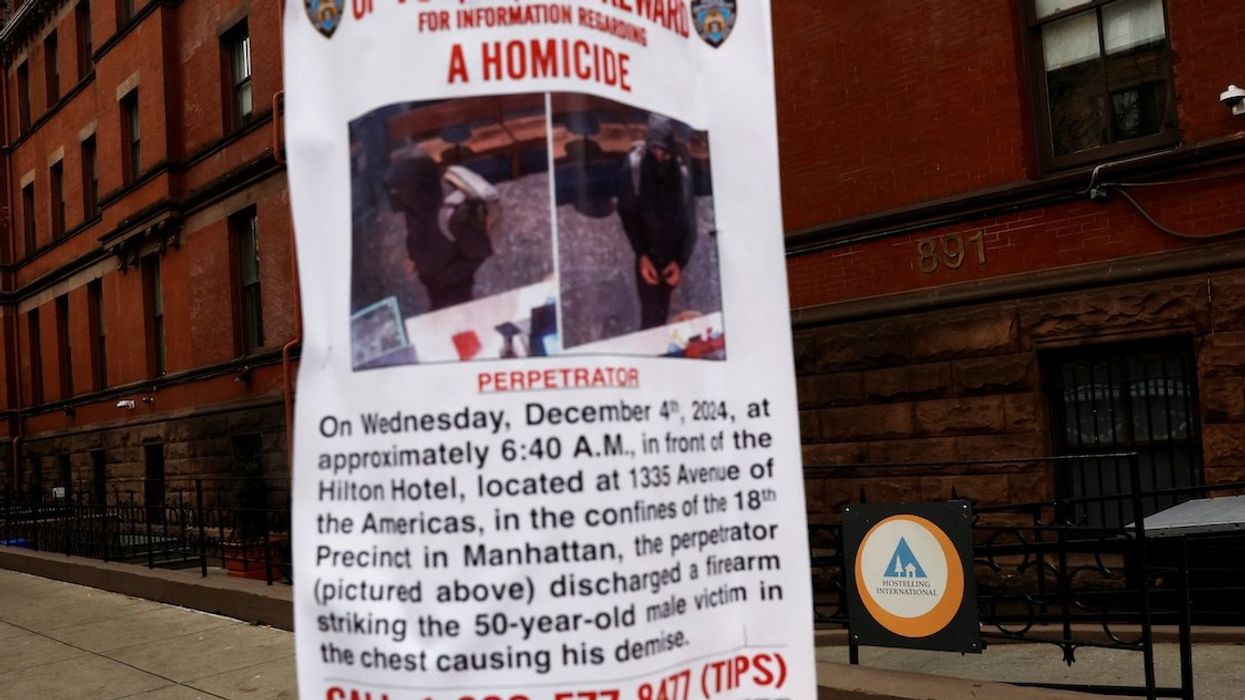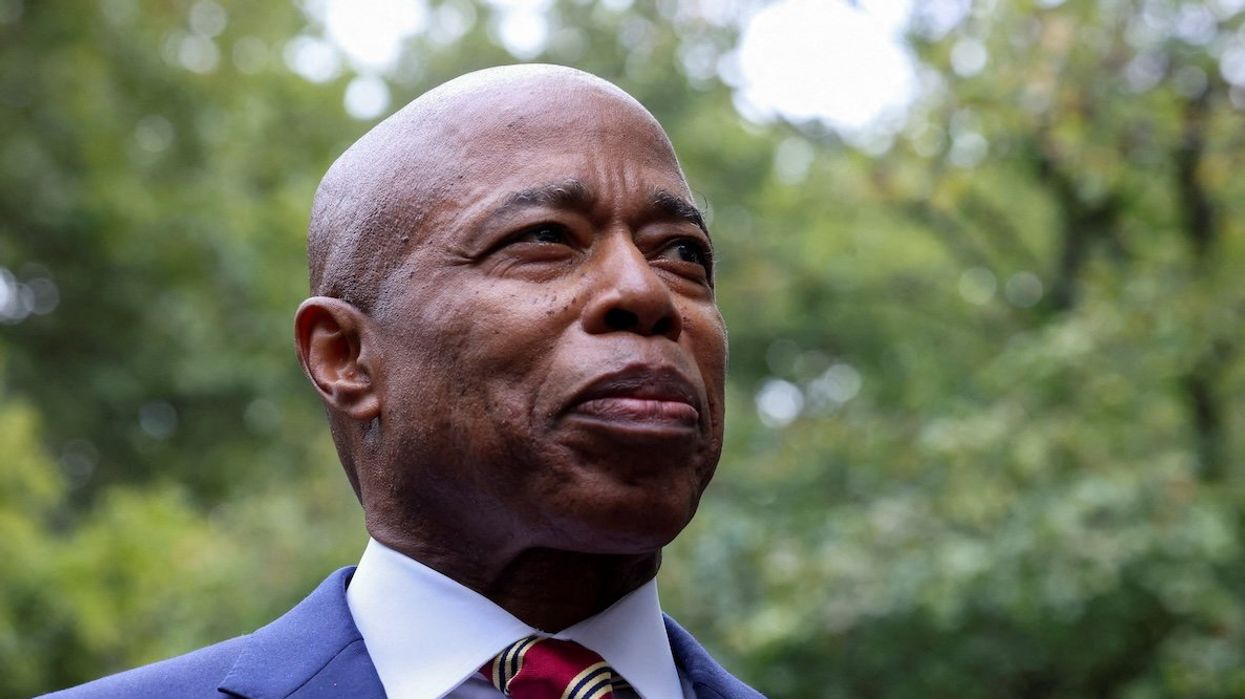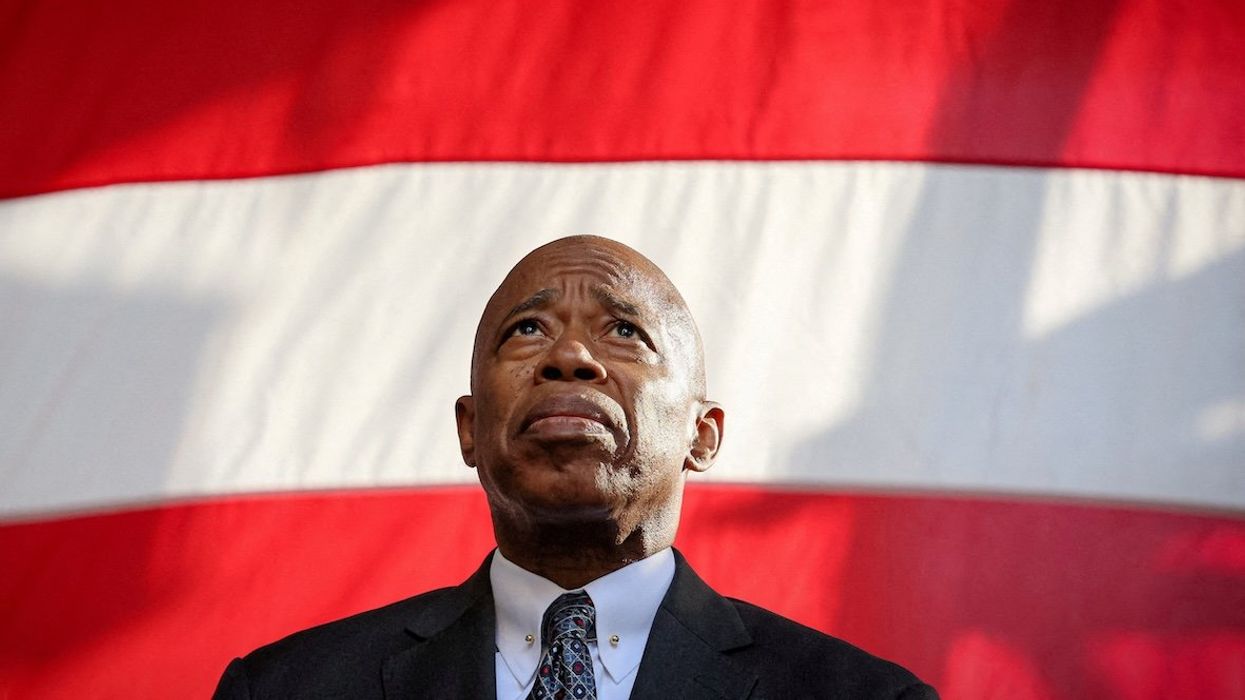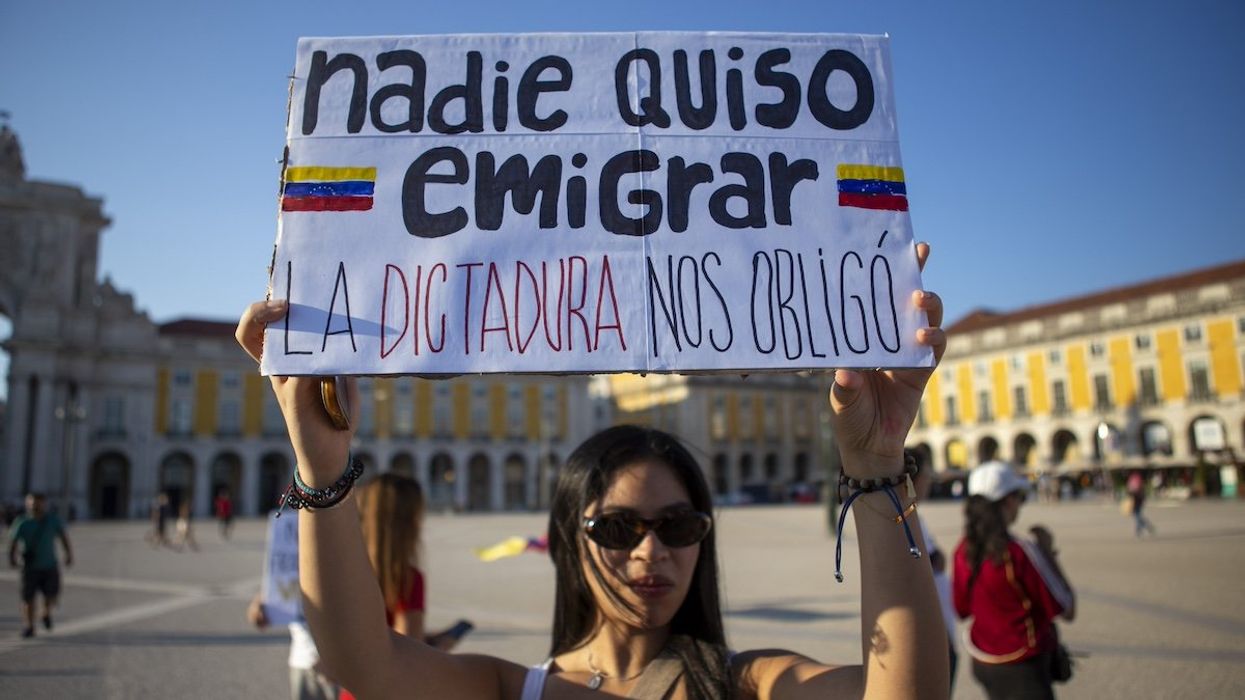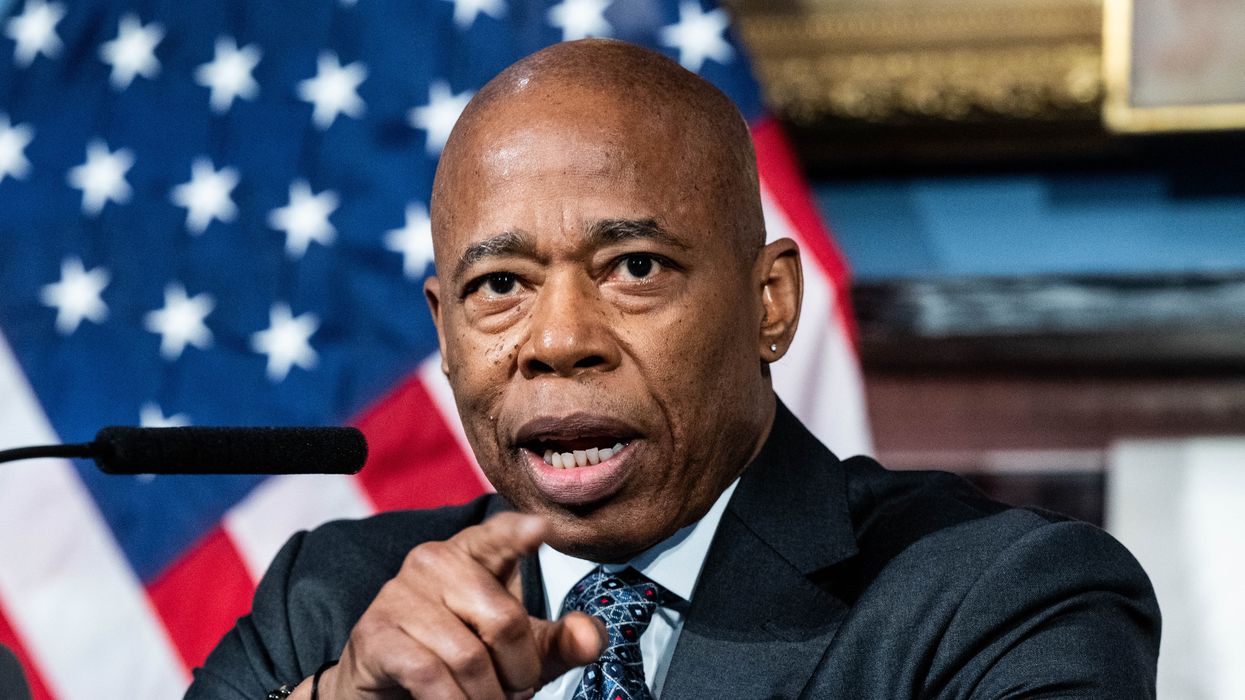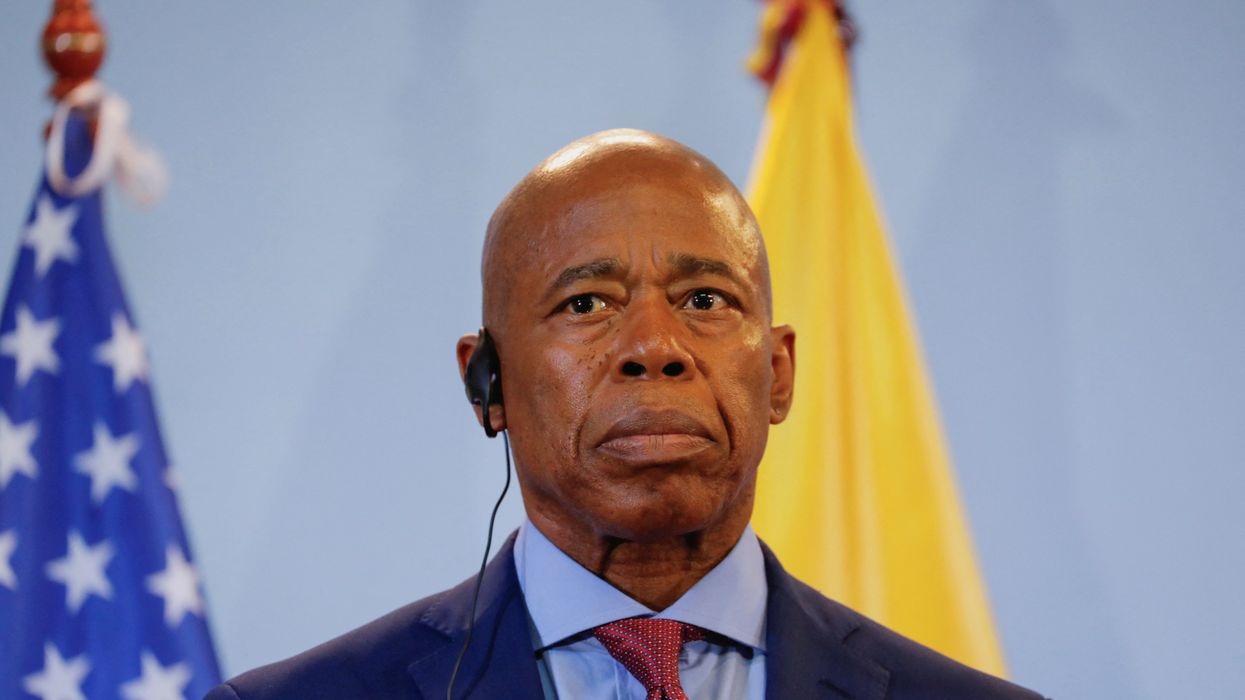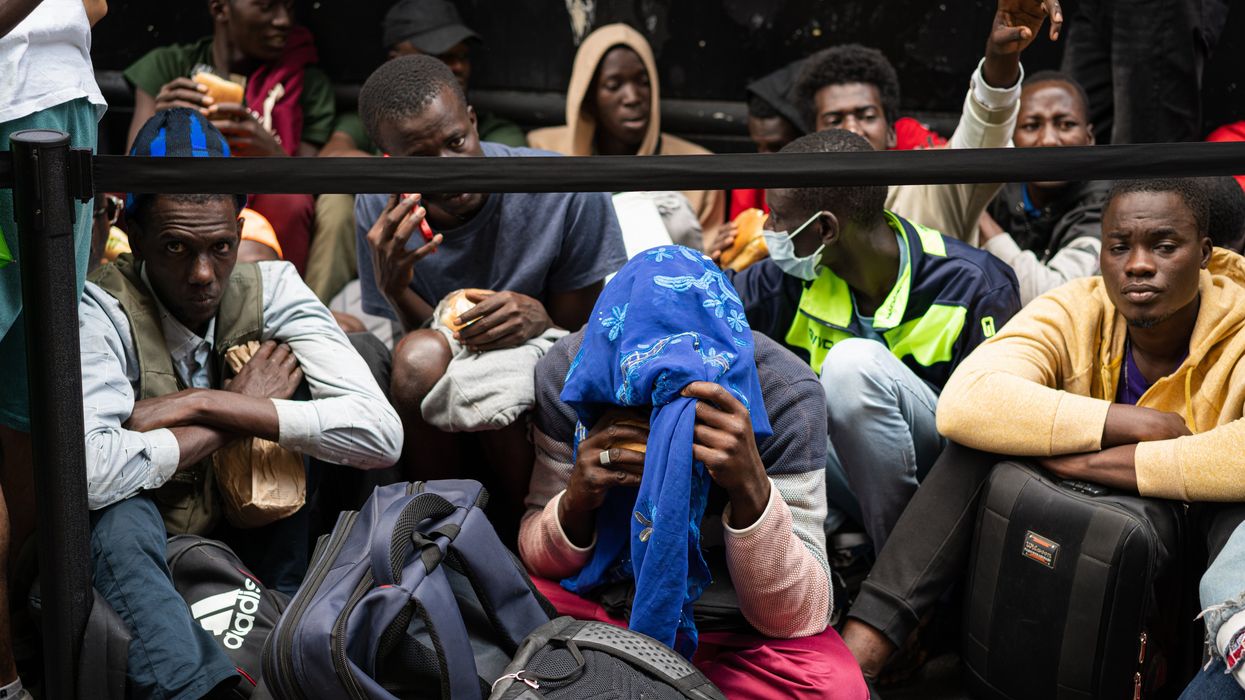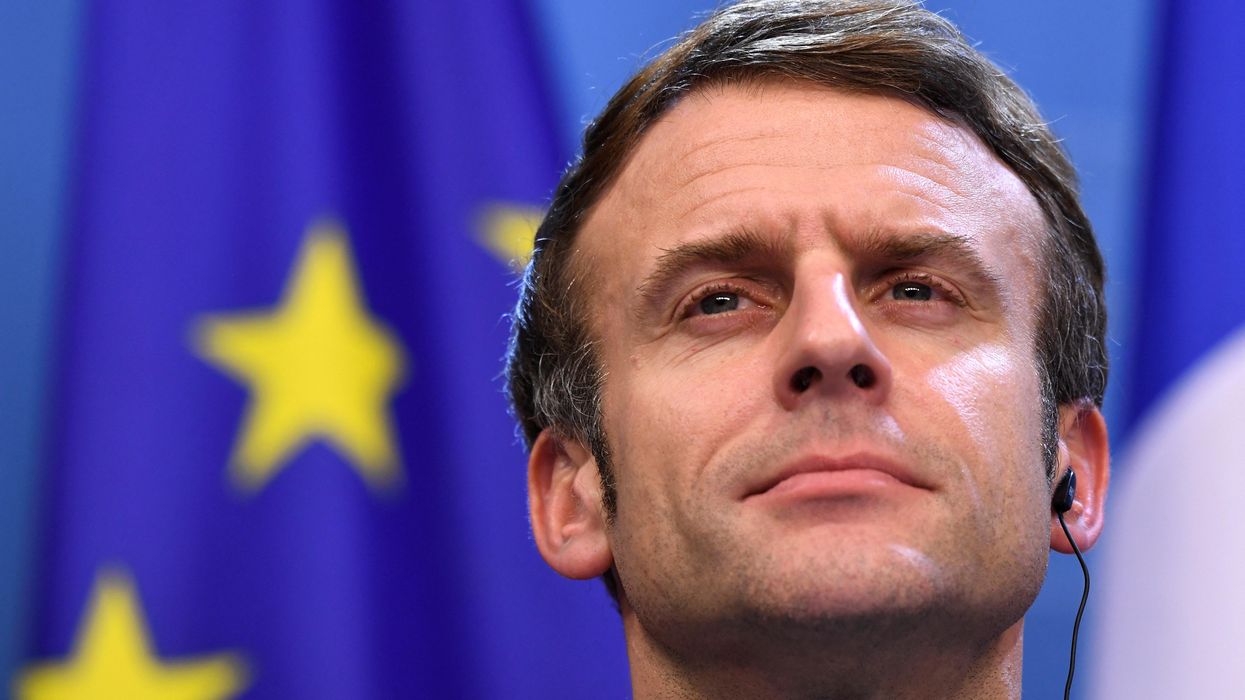News
Hard Numbers: A power play in the Arctic, Nigeria-UAE pen trade deal, US used civilian-appearing plane in first boat strike, Former NYC mayor nets crypto windfall
1920: Norway is tightening its grip on Svalbard, a remote archipelago near the North Pole rich in rare-earths and vital for satellite and missile monitoring, in a bid to keep rivals out of the Arctic.
Jan 13, 2026

